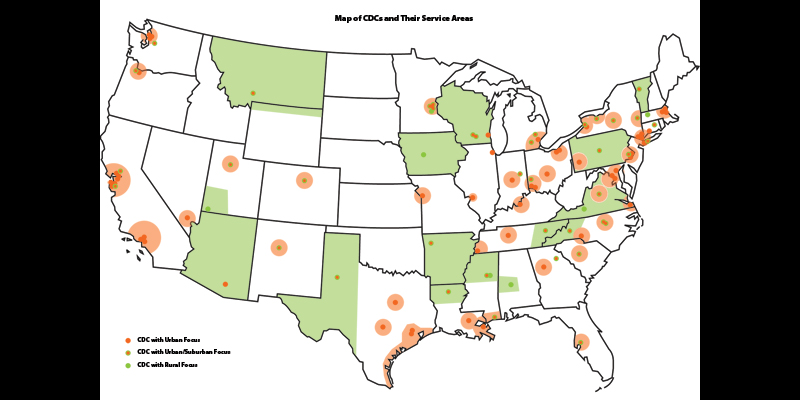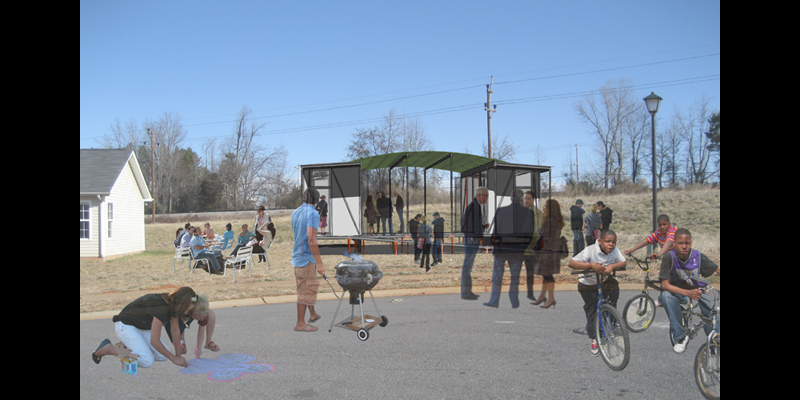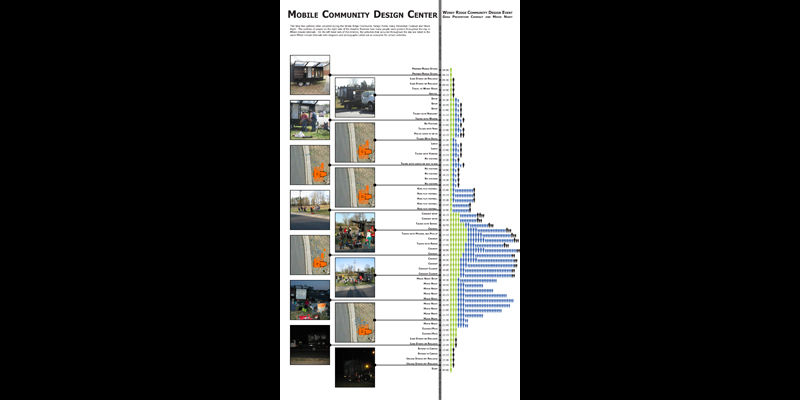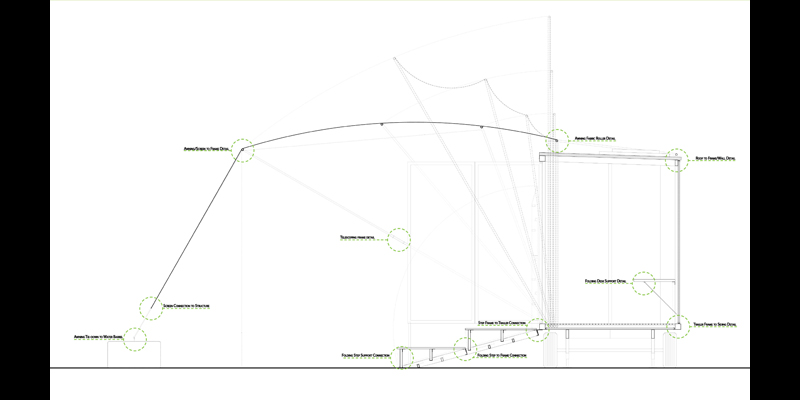

This research, along with previous experience working in communities, led to an initial design phase. This phase focused on designing a mobile community design center composed of two trailers with an intervening modular deck. These three elements could be rearranged in various ways, however the complexity of the system became too difficult to implement in any real world iteration.

In order to test some of the theories that had been formulated through the research and initial design phases of the thesis, a community design event was held in the Windy Ridge neighborhood of Charlotte. By attending neighborhood meetings for 3 months prior to the event, I was able to build a relationship with the residents. Over the course of a saturday, myself and other students gathered thoughts and opinions on improvements to the neighborhood bus stop and hosted a cookout and movie night for the youth of the neighborhood. Although the event was small in scale and effect, it helped to clarify the functions that a mobile community design center could serve.

The final design phase of the thesis was a culmination of all the previous research, iterations and experiences. The design focused on a singular unfolding trailer that could be set up by a skeleton crew, but was durable enough to remain on site for periods up to a month. The unfolding nature of the trailer essentially opened up the center to the community and formed a public gathering space that adjoined the flexible interior office space. The office space was designed to function for smaller gatherings, although the polycarbonate facades allowed for a consistent direct relationship with the community.
